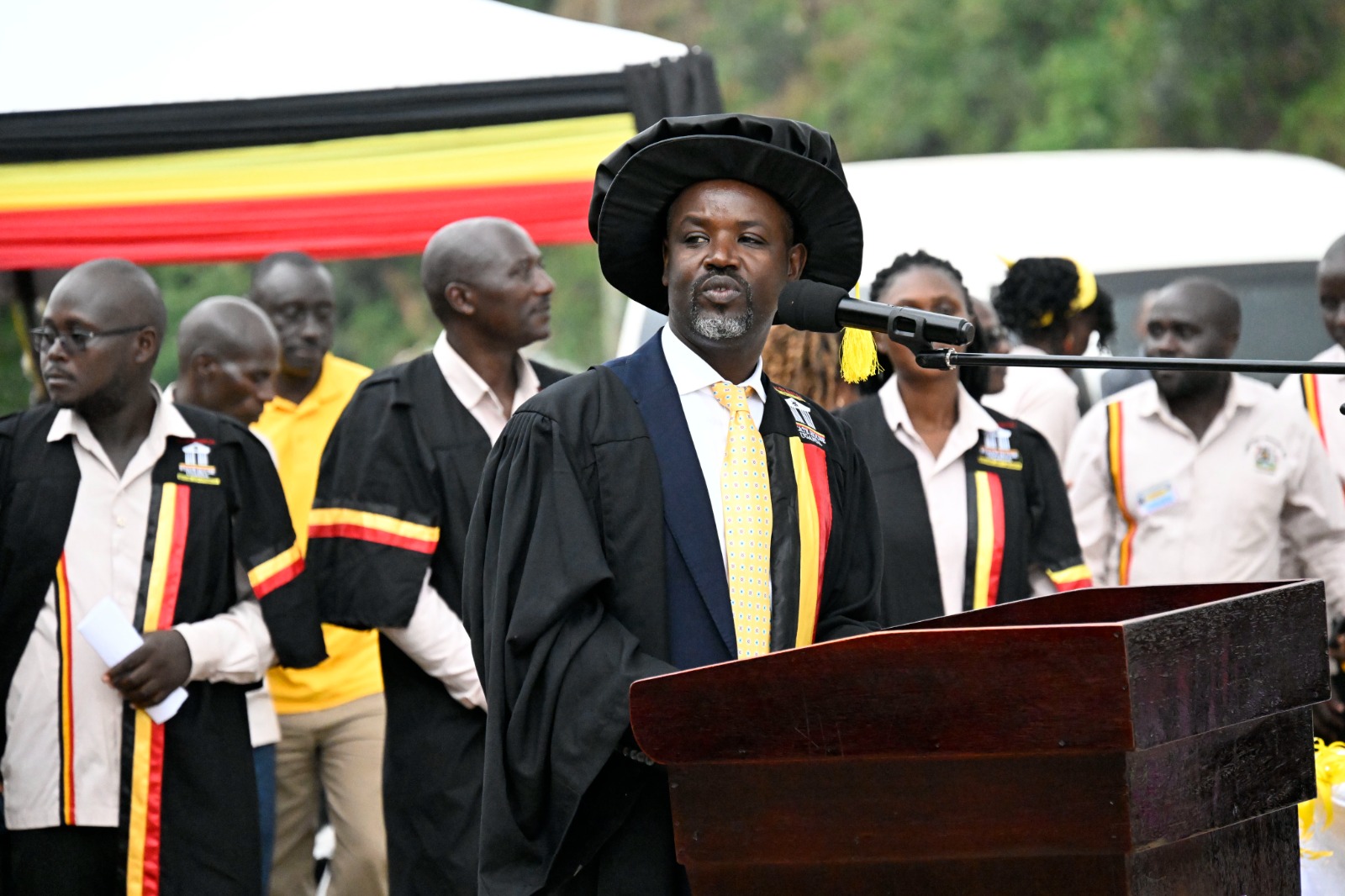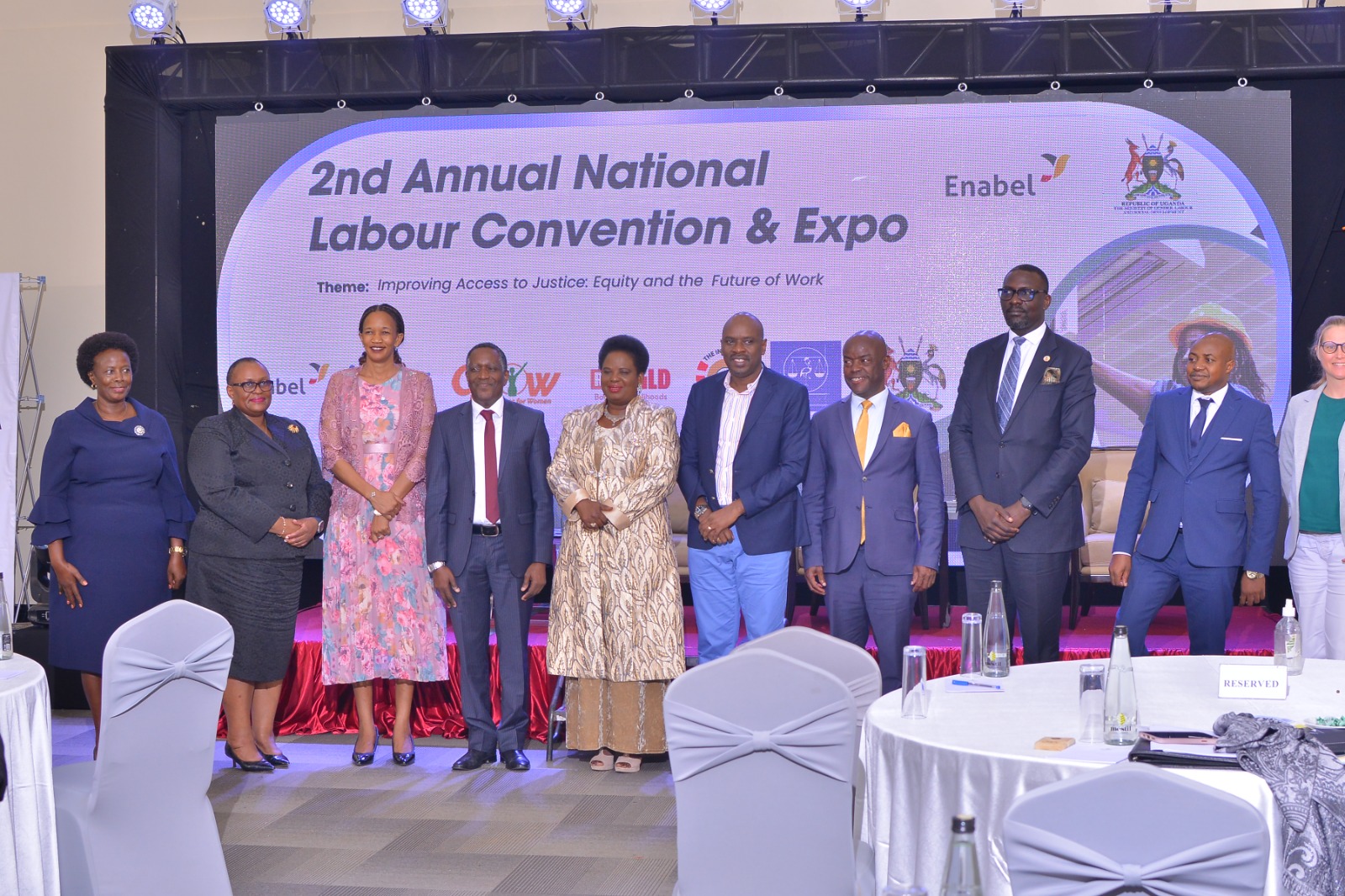Are political parties facing an identity crisis?
DALTON KAWEESA
Dr. Kabaasa and Donas Ojok authored a paper five years ago on the fate of political parties in Uganda titled; The Crossover: Exploring the Party Identification Paradox in Uganda.
This study hazards to explain the question of political identity and is published fully in the London School of Economics journal, 2016.
The researchers presented 3 stages that a party goes through, and it takes astute leadership to navigate well, and keep a party solid.
The stages are:
(a) learning Process, (b) Resistance
(c) Transmission.
For anyone to understand where the multi party politics, they must appreciate how political parties evolved in this country.
In his book the Discretion of my Kingdom, Sir Fredrick Muteesa, the late Kabaka of Buganda, acknowledges that there are different shades of interests in Uganda and no political party or organisation can posture to represent all the interests of Ugandans.
Mutesa, who was the first president of independent Uganda posited this as he made a case for Buganda being galvanized under kabaka Yekka (KY) yet there was democratic party (DP ) which could have strongly stood for the interests of Buganda.
DP’s leadership was however non monarchist, as Kabaka Mutesa further explains in his book so they wouldn’t be in the same boat.
Spare sometime and read it, it will offer some alternative knowledge on the plight that political parties in Ugandans face. Why this background?
The political crossing with the latest being a cluster of popular Baganda MPs caused a whirl of emotions from all strata of society.
The current political groups, one would say are relatively new except DP and UPC that are not pegged on the old ghosts.
But then, they have also mobilized young people who are either in them for political positions or identification.
This takes us back to the stages Ugandans researchers at London School of Economics wanted Ugandans to be aware of.
Political parties are in the stage of resistance. They cannot contain the fact that some people that were the glue to their existence are parting ways.
The temptation to insult those that have sought new homes is slowly becoming the normal.
Crossing from one party to another is very normal but how a leader handles it is what counts.
I might forgive omuntu wa wansi – common man for jumping to support any candidate they barely know or what they stand for. I can equally forgive them for moving with the wave.
However, I can’t – and won’t – forgive them for not questioning someone has been in a position of leadership for more than two years and whether they stand for the common man interest.
With the political temperature rising, I shudder at the cultic culture that we are breeding as a nation. For the political elite this is good news because they cannot account for their action or inactions.
The easiest way is to shield themselves with vigilantes to insult any critic who raises a finger.
This doesn’t solve the problem although it is the political paracetamol you take to treat a pain without treating the real cause.
As the country reflects on who is going to be the next leader at different levels , the individual political parties need to engage and see what is more beneficial to them.
When I was leaving my previous job at Uganda Radio Network, there was an exit interview that I was subjected to. I believe this is the norm for all companies that need to grow. In this you table reasons why you are opting for another employer and what needs to be improved.
This has gone a long way in informing many companies on good management strategies. Why is it different to have an exit interview with the people that leave a given political party?
Scholars argued that cross-overs are a deeper symptom of fizzling relevancy (What I call struggle fatigue).
For a political elite that thrives on ethnic mobilisation, issues such as political prudence are too complex to communicate to the electorate.
The fires they are lighting around in form of undressing their former allies in political parties could end up consuming not just those that depart but also that stay.
The author is Deputy News Manager, NBS TV.













